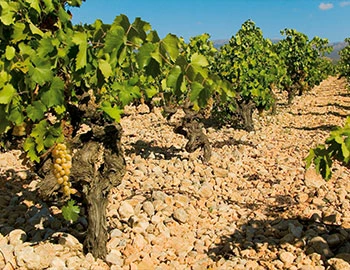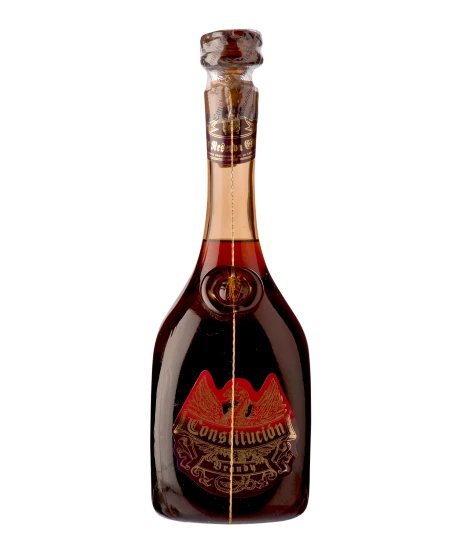
Brandy Constitución Res.Especial Oro
Destilerias Bernal El Palmar Murcia, 700 ml

| Grape variety: | Airén, Macabeo |
| Producer: | Casa Bernal |
| Origin: | Spain / Murcia |
Macabeo
For fruity cava and white Rioja
Still or sparkling: the Macabeo can do both. In its native Catalonia, it forms, with Parellada and Xarello, the triumvirate of cava grapes. It gives the sparkling wine its fresh apple fruit; the Parellada provides elegance, and the Xarello contributes body and fullness. Pressed as a still white wine, the Macabeo smells of apple, pear, flowers and herbs. A light almond note often comes as well. This can be tasted in the classic white wines from Rioja: they are made from this variety, which there is called Viura. The Macabeo – also spelled Macabeu – migrated from northern Spain across the border into French Roussillon.
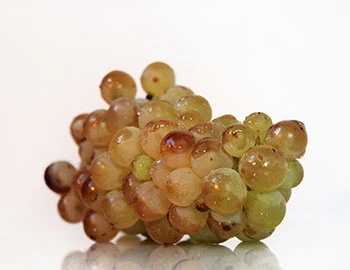
Airén
This autochthonous white grape variety has been pressed since the Middle Ages and is grown exclusively in Spain. It is exceptionally undemanding and very robust, qualities which make it predestined for the hot, dry climate of Spain.
It is hardly surprising, then, that around a quarter of Spanish vineyards by area are planted with this variety. The robust vines are planted relatively far apart, which also contributes to the vast cultivation area.
Wines pressed from Airén are usually pale in color and present a rather neutral taste, as the berries hardly possess any flavoring agents. The alcohol content is higher, however, which is why the juice is often used as a base for spirits.
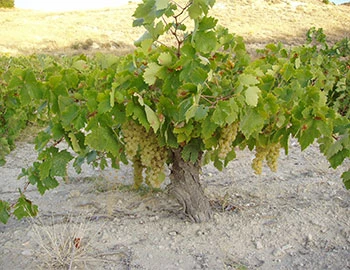
Murcia
Murcia: Home to the Monastrell variety
The city of Murcia is scarcely known outside of Spain; however, with nearly 500,000 inhabitants, it is the powerful center of a rural region. Fruit, vegetable and wine cultivation are still important economic factors here. In the three wine-growing areas located in the autonomous region of Murcia – Bullas, Jumilla and Yecla – the Monastrell variety demonstrates that it can produce wines of varying character.
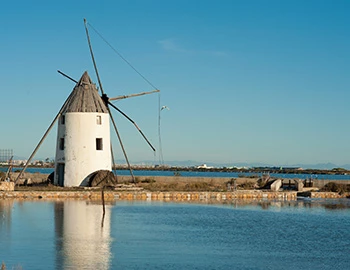
Spain
Spain – Variety and perfection
“Somewhere in la Mancha, in a place whose name I do not care to remember...,” begins Don Quixote's odyssey.
The most famous part is definitely when Don Quixote thinks windmills are his enemy and wants to fight them – until they nearly kill him. It’s possible there was a bit too much of the La Mancha wine at play. Spanish vines fight for their survival in rugged landscapes, battling fierce drought and rough soils. But they fight well.
